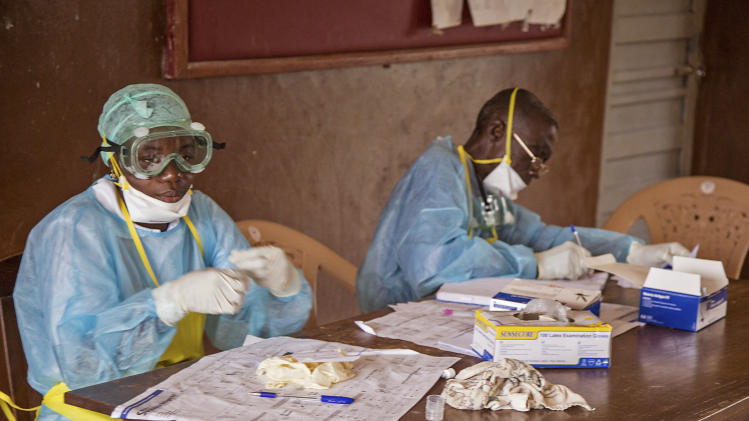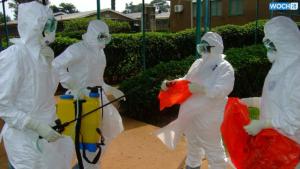U.S. ratchets up Ebola response, officials on high alert
By Patricia Zengerle and Julie Steenhuysen
WASHINGTON/CHICAGO (Reuters) - The director of the U.S. Centers for Disease Control and Prevention told lawmakers on Thursday he has activated the agency's emergency operation center at the highest response level to fight the worst Ebola outbreak in history.
Dr Thomas Frieden testified at an emergency hearing that the CDC has more than 200 staff members in Atlanta working on the outbreak, and will soon have more than 50 disease experts in West Africa.
Frieden said he was "confident there will not be a large Ebola outbreak in the United States." However, he said it was possible that people who have traveled to West Africa might bring the virus back home with them, and even spread it to some healthcare workers and family members.
Frieden said it is not clear whether experimental treatments that were given to two infected U.S. aid workers will ultimately be effective. The two are now being cared for at Emory University in Georgia.
"In terms of the promising drugs, I can assure you that the U.S. government is looking into this very carefully," Frieden said. "But I don’t want there to be false hope out there. Right now, we don’t know if they work."
Frieden said that from what he has heard, supplies of the experimental treatment are limited to only a handful of doses at the moment. He said the experiences of the U.S. patients since they received the treatment would not be enough to say they were effective.
U.S. hospitals have tested as many as five people who have traveled to the affected regions in West Africa in the past three weeks. All have tested negative, Frieden told reporters after his testimony before the Foreign Affairs Subcommittee on Africa and Global Health.
Frieden also said he was "deeply concerned" about the apparent spread of the outbreak to Nigeria from the hardest-hit countries: Guinea, Sierra Leone and Liberia. Last month, a U.S. citizen who traveled from Liberia to Nigeria was hospitalized and died in Lagos, a city of about 21 million people.
Frieden said authorities in Lagos are "working urgently" to establish isolation and treatment facilities.
"We have been in intense regular contact with them, but because of the size and complexity of Lagos, I am deeply, deeply concerned about the situation there," Frieden said.
Ken Isaacs, a vice president with the charity Samaritan's Purse, said the outbreak "has the potential to be a national security risk" for more countries than those currently involved.
According to accounts from his staff, he said Liberia "has an atmosphere of apocalypse. They're threatening to burn down hospitals."
As for the two U.S. aid workers who are being treated at Emory University in Atlanta, "they seem to be getting a little better" each day, Isaacs said. "I do not think it will be a fast process."
(Reporting by Julie Steenhuysen; Editing by Michele Gershberg, James Dalgleish and David Gregorio)



No comments:
Post a Comment